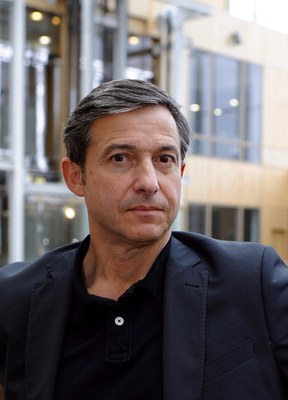
How can human life be distinguished from the life of other animals, and even from lower manifestations of life? And to what extent is this life affected by the multiple ways of being human produced through the infinite variations of the social milieu, the cultural background or the historical moment? These questions have been, at least since Aristotle, at the heart of philosophical reflection. It has, however, benefited from a renewed interest during the past decades with the rediscovery of Ludwig Wittgenstein’s notion of “form of life.” The lecture will propose, on the one hand, to put this idea to the test of other theoretical approaches, those of Georges Canguilhem and Giorgio Agamben in particular, and on the other hand, to confront it with the findings of ethnographic research conducted in various parts of the world, notably in France and South Africa. Through this critical engagement with philosophy, the purpose is to rethink the relationships between the biological and the biographical, the universal and the particular, finally rule and practice, via the tragic form of life of forced nomads in contemporary societies.
Didier Fassin is the James Wolfensohn Professor of Social Science at the Institute for Advanced Study and a Director of Studies at the École des Hautes Études en Sciences Sociales. Anthropologist, sociologist and physician, he has conducted ethnographic research in Senegal, South Africa, Ecuador, and France. Laureate of an Advanced Grant from the European Research Council, he received the Gold Medal that is awarded every three years to an anthropologist at the Swedish Royal Academy of Sciences. In 2016, he delivered the Tanner Lectures at Berkeley and the Adorno Lectures in Frankfurt. Former vice-president of Médecins Sans Frontières, he is currently President of the French Medical Committee for Exiles. He has recently authored Humanitarian Reason. A Moral History of the Present (University of California Press, 2011), Enforcing Order. An Ethnography of Urban Policing (Polity, 2013), At the Heart of the State. The Moral World of Institutions (Pluto, 2015), Prison Worlds. An Ethnography of the Carceral Condition (Polity, 2016), Punir. Une passion contemporaine (Seuil, 2017) and Das Leben. Eine Kritische Gebrauchsanweisung (Suhrkamp, 2017). In Italian, he has published La Forza dell' ordine (La Linea, 2013), Ripolitizzare il mondo (Ombre Corte, 2014), Cuando i corpi ricordano (Argo, 2016).